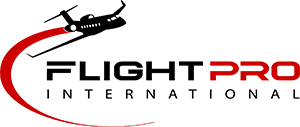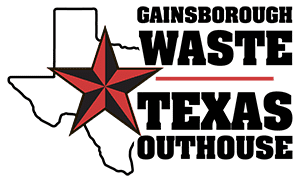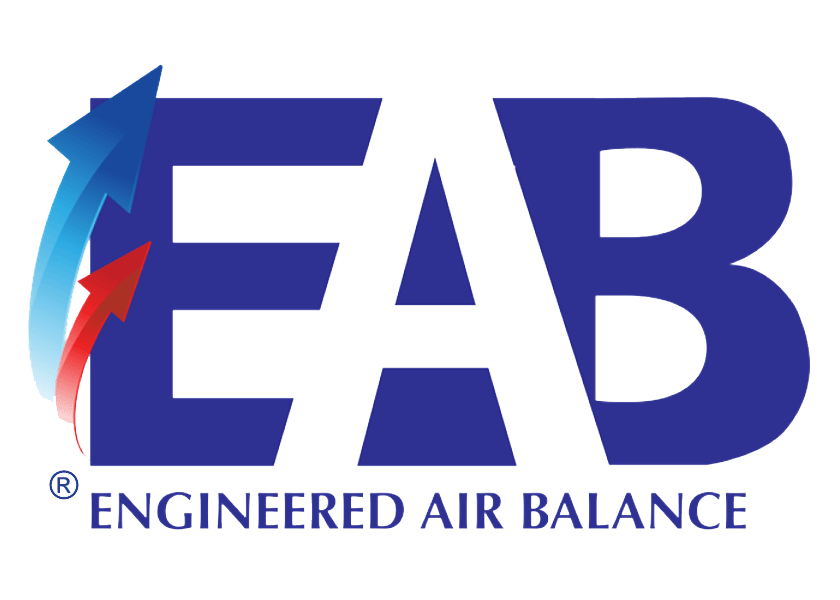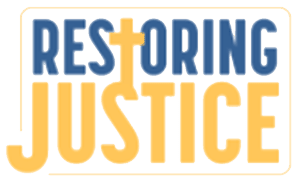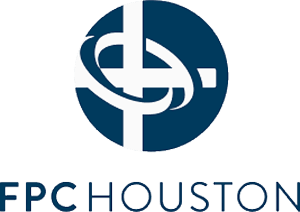Prioritizing goals with focus is essential for achieving your organization’s success. It helps your team use resources wisely, stay motivated, make better decisions, and achieve the most important objectives.
Why should you prioritize goals?
- Clarity of purpose: Prioritizing your business goals helps you to identify what’s most important for your business. It gives you clarity of purpose and helps you stay focused on what really matters.
- Resource allocation: Prioritizing your goals also helps you allocate your resources more efficiently. By focusing on the most important goals, you can direct your resources towards achieving them and avoid wasting time, money, and effort on less important goals.
- Motivation: Having clear and focused goals can help to motivate you and your team. When you have a clear vision of what you want to achieve, you are more likely to be motivated and committed to achieving it.
- Measurable progress: Prioritizing your goals also allows you to track your progress more effectively. When you have clear and specific goals, you can measure your progress and adjust your strategies accordingly.
- Long-term success: Finally, prioritizing your goals with focus can help you achieve long-term success. By staying focused on the most important goals, you can make strategic decisions that will benefit your business in the long run, rather than getting sidetracked by short-term distractions.
Recognize the three states of focus so your team can prioritize clearly and intentionally.
- Wasted Focus is the habitual consumption of junk media that steals attention from relationships, personal growth, and well-being.
- Distracted Focus is when our attention is captured by (or freely surrendered to) the priorities of others.
- Intentional Focus is Proactive, Planned, and Prioritized.
One of the major traps for leaders is the tendency to allow internal and external disruptions to capture our attention and rob focus for proactive agendas.
Our ability to manage our attention determines our level of leadership effectiveness. And, with practice, we can elevate our thinking and manage our attention, and establish a focus that is intentional, proactive, and prioritized around people and relationships rather than things and schedules.
Once focused, set the intention to prioritize and sequence goals.
We fail to achieve goals when the sheer numbers overwhelm us and everything is categorized as important. Using the Eisenhower Matrix is a useful tool to prioritize goals and tasks based on their level of urgency and importance. It involves categorizing tasks into four quadrants:
- Urgent and Important: These are tasks that require immediate attention and should be tackled first. Examples include emergency situations, urgent deadlines, or critical issues.
- Important but Not Urgent: These are tasks that are important for achieving long-term goals but are not necessarily time-sensitive. Examples include strategic planning, skill-building, and relationship building.
- Urgent but Not Important: These are tasks that may feel urgent but are not actually critical or aligned with your goals. Examples include responding to non-essential emails or attending unnecessary meetings.
- Not Urgent and Not Important: These are tasks that have little or no value and can be eliminated or delegated. Examples include mindless scrolling on social media or other time-wasting activities.
Once you have categorized your tasks using the Eisenhower Matrix, you can prioritize them based on their level of urgency and importance.
In addition, the air, water, food concept involves prioritizing tasks based on their level of necessity for survival. Just as air, water, and food are essential for our physical survival, certain goals, projects, or tasks may be essential for your team’s and organization’s success. By prioritizing these critical tasks first, you can ensure that you have the necessary resources and energy to tackle the rest of your goals. How do you use this model? Largely by survival…
- Without air, you have seconds to live.
- Without water, you have days to live.
- Without food, you have weeks to live.
Everything after that is discretionary.
Overall, using these tools with intentional focus can help you and your team determine and sequence what’s most important for the business, tackle critical tasks first, and achieve your goals more effectively.
At Achilles Group, we equip and empower your leadership to navigate strategic planning so your people are aligned with the goals and success of the business.
See other posts related to strategic alignment:
3 Strategic Alignment Mistakes That Businesses Often Make
A Client’s Perspective on Strategy Alignment
Human Resources, HR Consulting, HR Professionals, HR Support

















